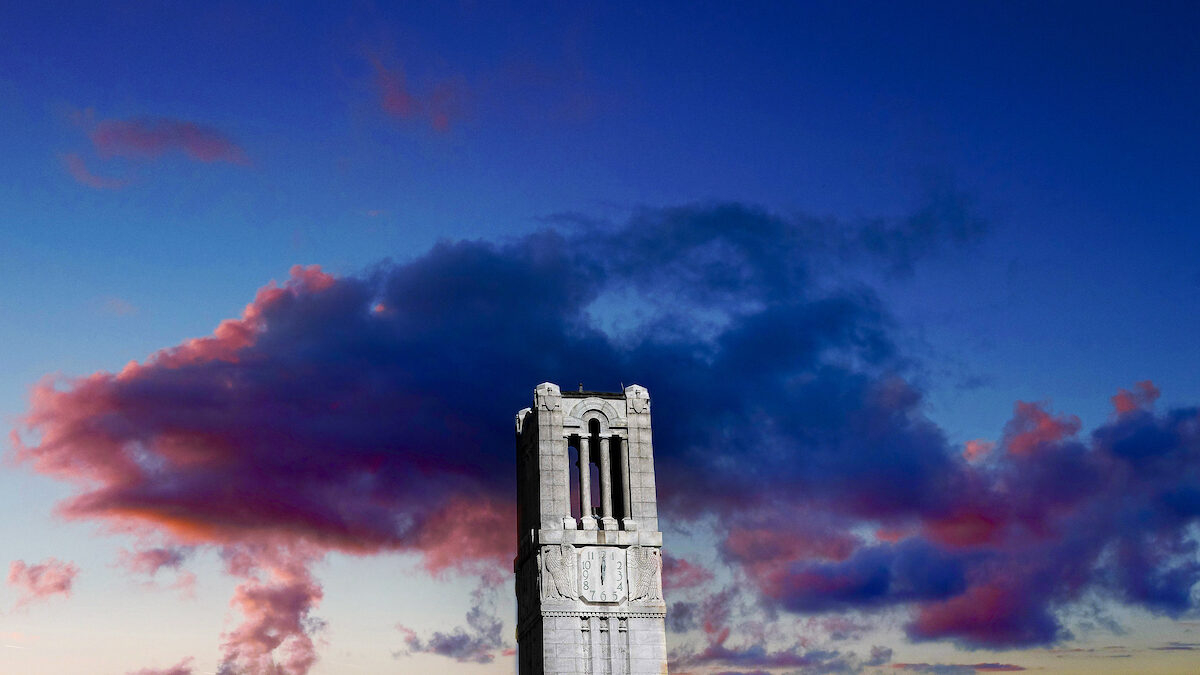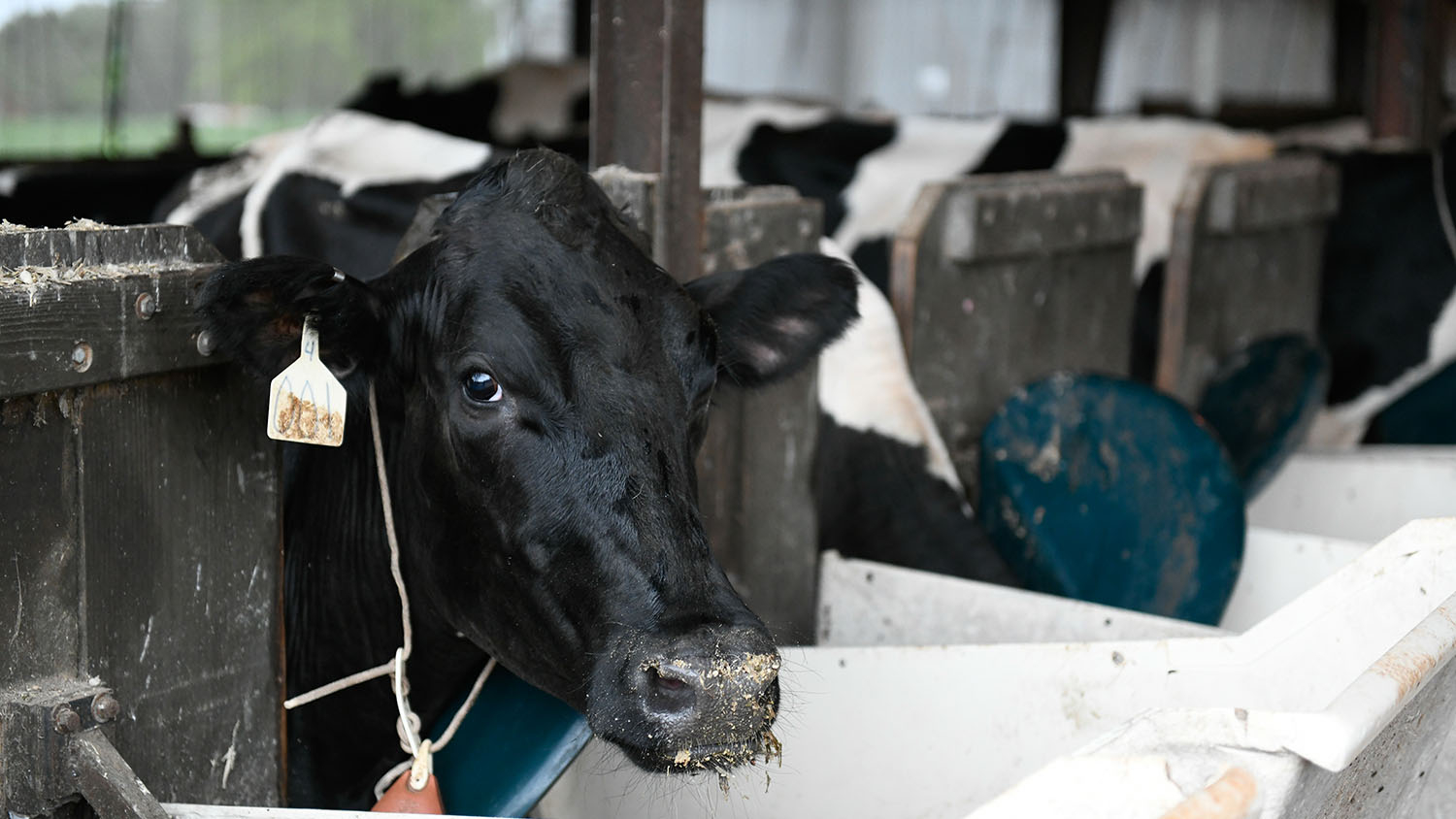New Center Expands Service-Learning Opportunities
Service-learning has taken North Carolina State University students on some of the most enriching, engaging and transformative experiences of their college years and plays an important part in the university’s ability to be fully engaged with communities and community issues throughout the nation and world.
Now, service-learning will reach new heights with the creation of the Center for Excellence in Curricular Engagement.
The new center will help spread service-learning throughout the university’s course offerings through:
• courses designed to carefully connect content with community issues and help students consider the civic responsibilities of their professional and personal lives;
• capstone projects that help students tie what they have learned in their degree programs to significant issues facing communities across the state;
• international education experiences that include immersion in the daily activities of community organizations in other countries.
The center, says Chancellor James Oblinger, will strengthen two of the university’s strategic focal areas: preparing leaders for the state, nation, and world and creating innovative educational opportunities for students.
“The center is an important part of our efforts to connect our historic land-grant mission with our commitment to innovation in education, scholarship and partnerships for the 21st century,” he said. “It will help faculty, students, and community members ‘co-create’ significant opportunities to deepen student learning, enhance the work of community organizations, and advance knowledge across the university’s course offerings.”
The result of a campuswide planning process, the center will bring these and many other similar possibilities more fully to life across campus, helping students and faculty partner with community members and organizations in courses, research projects, independent studies, minors, and entire degree programs. According to Dr. Larry Nielsen, provost and executive vice chancellor, the goal is enhanced learning for everyone involved – both on campus and in the community – and positive change in how we address important issues.
“Service-learning is the epitome of what NC State is all about,” Nielsen says. “It is an excellent example of connecting our students and faculty to community members who work to address important issues facing our world.”
Several events scheduled for Feb. 6 & 7 will officially launch the new center. Dr. Andy Furco, a nationally recognized engagement scholar from the University of Minnesota, will give a keynote address at 2:30 p.m. on Wednesday, Feb. 6, at the University Club, which will be followed by a 4:30 p.m. reception featuring community engagement in courses across NC State’s colleges.
On Thursday, Feb. 7, the center will host an Open House from noon to 2 p.m. at the center’s home on the third floor of the First Year College Commons building. The Open House will provide attendees an opportunity to talk with students, alumni, faculty, community partners and administrators about their experiences with service-learning, and to tap the resources the center and its affiliated faculty make available to anyone interested in service-learning.
All members of the NC State community are invited to these events, especially faculty interested in connecting their teaching and scholarship with community issues.
Patti Clayton, the director of the center said the center will help departments across campus develop pathways in minors and degree programs for students to take on ever-greater responsibility for their own learning and for collaboration in their communities. It will also bring national scholars to campus regularly to help advance understanding of best practices in engagement.
“As a national leader in this work, the Center for Excellence in Curricular Engagement will develop and share with other universities cutting-edge models and practices for connecting learning and service,” Clayton says.
NC State students may well have the best perspective on the work of the center. As several alums who were part of the visioning process for the new center wrote, “Service-learning positively impacted our education at NC State in a variety of ways…. service-learning was not just a unique experience on campus, but a defining one. Furthermore, service-learning continues to impact us in our graduate studies and careers. Not only did we each come to better understand our future goals and paths … but we carry forward with us important lessons about the value and importance of connecting our learning (or research) with service to our communities. We are better graduate students, better professionals and better citizens because of our involvement with [service-learning].”
- Categories:


